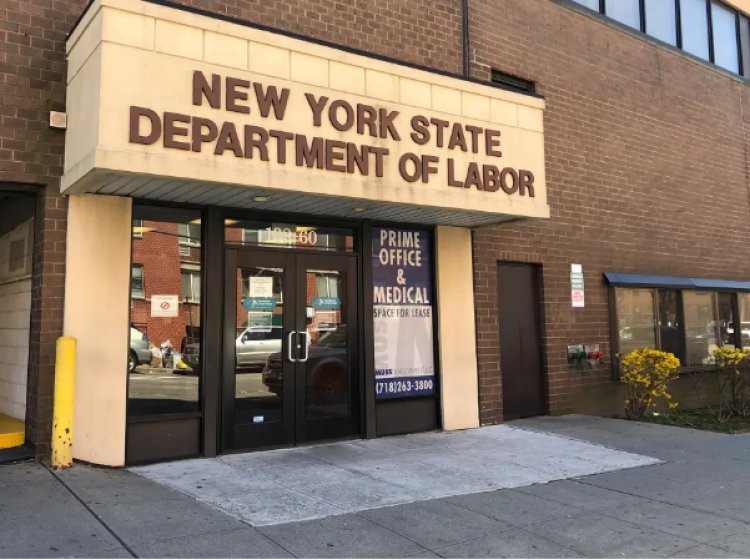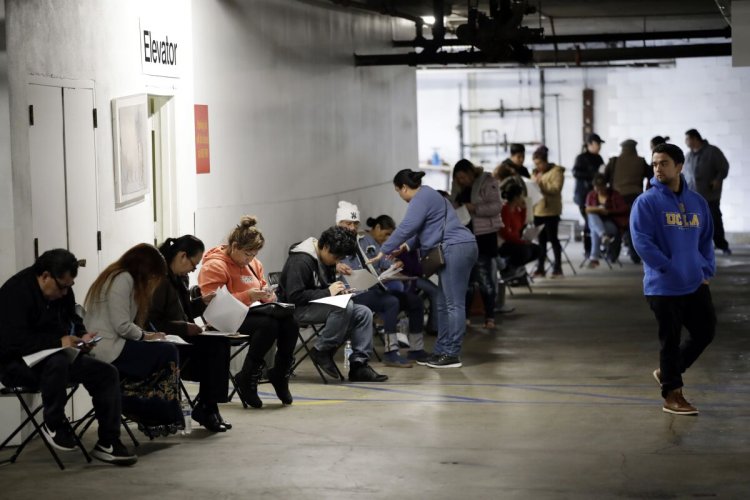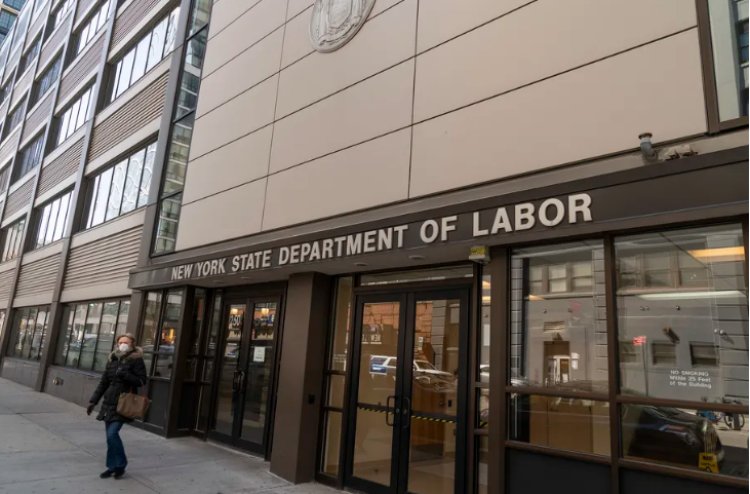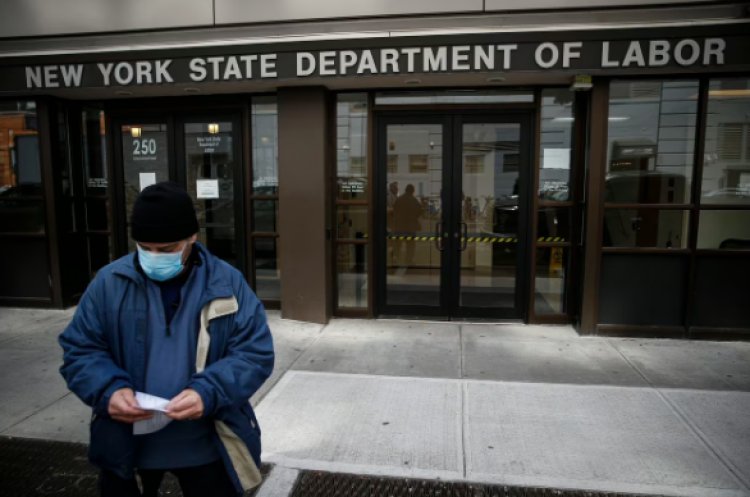5 financial steps to take before being laid off
If you have a health savings account, you can use it to pay tax-deductible health insurance premiums while collecting unemployment benefits.

One of the financial concerns most Americans have is layoffs, and unfortunately this is becoming more and more common. What should you do if this happens to you?
Here are some steps you can take to deal with the financial implications:
1) Unemployment benefits file
The first thing you'll want to do is choose the right place to start, which is to apply for unemployment benefits in the state where you worked.
The amount and duration of collection varies by state but benefits are typically 50% of your previous income up to a ceiling and generally last about 26 weeks or half a year.

2) Make sure you are covered by health insurance
Your income isn't the only thing you want to replace. You will also need to make sure you are covered by health insurance.
If you are married, see if you can get coverage under your spouse's plan.
Another option is to continue your existing health insurance under COBRA for 18 to 36 months, but that insurance will likely be more expensive than what you paid as an employee.
Well, you can enroll through the health insurance marketplace and possibly qualify for benefits based on your income. These options have deadlines for enrolling after your work is done, so don't delay.
(If you have a health savings account, you can use it to pay tax-deductible health insurance premiums while collecting unemployment benefits.)
3) Don't forget about life insurance
Although it may not seem urgent, it's important to make sure your family continues to be protected with life insurance as well. You may be able to continue any coverage you have under your employer if the policy is portable. If not, you can use this calculator to estimate how much insurance you should have and look for low-cost life insurance policies here.

4) Know your budget
If you've never created a budget or even tracked your expenses, now is the time to start. After all, you may have to live on a low income for an indefinite period of time, so you'll want to watch every penny.
Go through the last three months of your bank and credit card statements and record your expenses on a worksheet.
Once you know where your money is going, find places to cut back. Keep in mind that this is only for a limited period of time until you find a new job, so you'll want to be a little more frugal than usual.
If you're still having trouble making ends meet, be sure to prioritize rent or mortgage payments, essential utility bills, car payments, food, and medical care over unsecured debt payments like credit card bills.
See if you can negotiate an affordable payment plan with your creditors or work with a nonprofit credit counseling agency to negotiate on your behalf.

5) Update your CV
Of course, the most useful thing you can do after being laid off is to find a new job, so don't forget to update your resume, contact your network, improve your communication and interview skills, and start looking for a job.
When you get a job, try to build up your emergency savings with at least three to six months’ worth of necessary expenses. At least now you'll have a better idea of how useful it can be.


 Shrouq
Shrouq 











